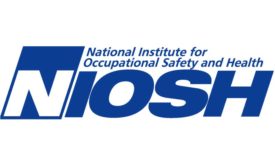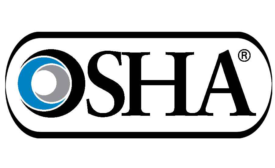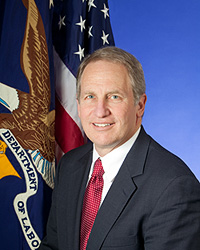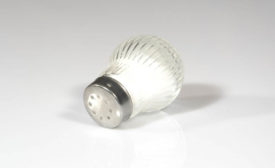News
A NIOSH Science Blog post
Blog series to highlight musculoskeletal health research at NIOSH
November 2, 2017
Never miss the latest news and trends driving the safety industry
eNewsletter | Website | eMagazine
JOIN TODAYCopyright ©2024. All Rights Reserved BNP Media.
Design, CMS, Hosting & Web Development :: ePublishing









